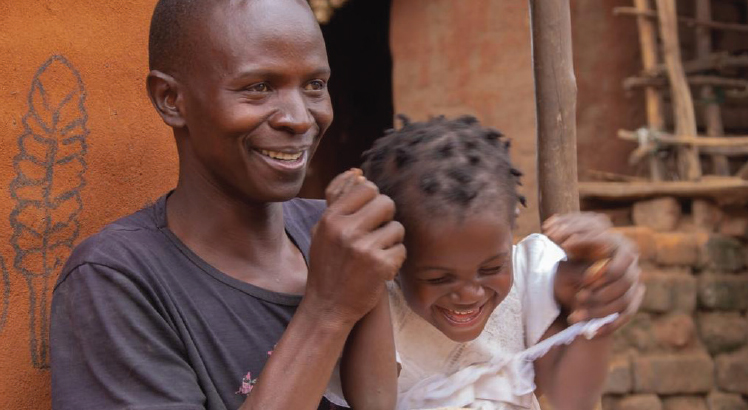Mbowe’s small business boy
Mbowe Filling Station in Lilongwe might be more famous for many things other than fuel — it is a coachline terminal, home to two autoteller service points, a reliable Airtel Money outlet, a service store and most obviously, it houses about half a dozen fuel pump stations.
But chief of all these could be its liquor store which runs a romance with hot-blood merry-making youths whose day is not well-defined if it skips a time out with friends, sipping a cold one.
So, come a weekend, the sprawling lawns covered with a layer of coal will host outward-bound ladies and young thirsty men in saggy jeans, wearing caps back-to-front.
The youths like to sit on car bonnets and play loud music from car stereos, turning the place into a music bazaar.
The large congregation is an opportunity for small-scale vendors, too. Among them is a young placid, long-limbed and dark chocolate-coloured boy about 12 years old.
The boy sells salted pan-roasted groundnuts packed in small tubular plastic bags. The first time I saw him, I was bitterly sauntering out of a dysfunctional autoteller booth.
This was barely two weeks after an encounter with four rude young girls who, on my way out of the service store to cash out mobile money, rudely asked me to buy them beer. My telling them off invoked unkind words from their drunken lips.
It is so hard to ignore Mbowe though for the vital services it offers. So, I just decided that I tighten my screws more and focus on Mbowe’s bright service side, shutting my ears from any Mbowe ‘weed’ that seems to open its mouth in my direction.
So, when the little boy invited me to buy and try his groundnuts, I was of the inclination that it was just another mouth I had to ignore.
‘Kamtedza kokazinga bwino, Bwana,’ he marketed his product.
Under the salad of pangs from both the encounter with the drunken ladies and the failed withdrawal at the autoteller, I raised a hand to stop him from more advertising.
But the boy was not done. With unexpected courtesy, the boy acknowledged my ‘rebuff’ and from it saw a chance to build a connection.
‘Mudzatigula tsiku lina, Bwana. Koma mwaswera bwanji?’
The respect with which he handled matters, even in the most of adversity, was unusual of a vendor, let alone the psychology of his age.
In him I saw some rare business acumen. Straight from my strong urge to walk away from him, I suddenly wanted to talk to him more. I slowed down to make more time for our meeting.
He narrated his sad story. He lives in Ntandire, a high density settlement only separated by tarmac from the affluent Area 47.
His family is heavily impoverished and relies on piecework and small-scale businesses.
Being the eldest of his siblings, he takes it to himself to help his single mother put bread on the table. So, after classes, he picks up his basin of groundnuts and heads to where he can sell.
He shared many sad stories of bullies who sometimes help themselves to the groundnuts without paying for them.
I was so interested in knowing what happens with such bullies.
‘Mai anga anandiuza kuti mwano suthandiza,’ he says of the ground rules of the family business.
I was also worried about his being out on the street beyond sunset.
‘Mavuto akula. Palibe kuchitira mwina,’ he said, with a pensive look stretching across his face.
I spoke to myself down deep within. ‘It is a hard world out there. Lucky are the children enjoying the bliss of their parents’ wealth.’ n


